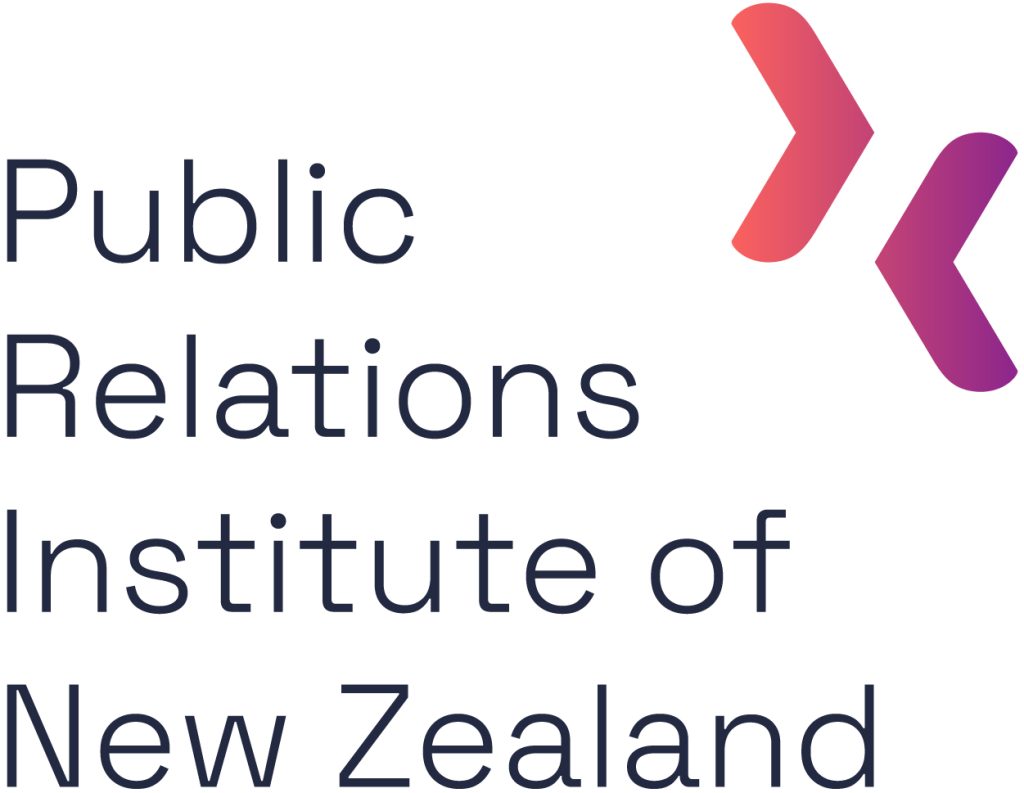PR industry advocates for more professional training of new practitioners

Increased demand for public relations during the pandemic has seen exponential growth in the number of people entering the profession, many of them from different fields and often without any formal strategic communications training.
As the Public Relations Institute of New Zealand (PRINZ) announces its Accreditation in Public Relations (APR) graduates this week, it is encouraging new communications practitioners to undertake the internationally-recognised accreditation programme.
“While we enthusiastically welcome the diversity of experiences and backgrounds in many of our peers who’ve entered the profession in recent years, it’s also a risk that areas of PR such as strategic planning, crisis management and stakeholder engagement are not well understood or executed by those new to their PR career,” PRINZ chair Heather Claycomb says.
Many people choosing public relations as a second career come from journalism, marketing, law or creative fields and PRINZ is encouraging them to look at investing in APR training to ensure they have a strong foundation in the full range of public relations practice.
“APR also teaches what ethical public relations practice looks like in the reality of corporate, government and not-for-profit worlds,” she added. “At PRINZ we are passionate about ethical practice; we believe as more communications professionals commit to our industry’s Code of Ethics the whole industry – and in fact the entire commercial sector – benefits.”
The numbers gaining the APR qualification have doubled in the last five years, with PRINZ announcing 21 new graduates this week.
Launched in this country in the 1980s, APR is recognised in the US, Canada, United Kingdom, South Africa and Australia. Designed for practitioners with a minimum five years industry experience, it is open to a wide cross section of communication professionals from agency, in house, commercial, not-for-profit and public sectors.
The rising interest in gaining the qualification is an indication of the industry’s growing desire for professionalism, Claycomb said. “Investment in APR training gives communications professionals a strong foundation that sets them up for a successful, high-impact career that will return dividends many times over.”
PRINZ Fellow and AUT University public relations lecturer Deepti Bhargava is the chief examiner for the programme, which verifies the breadth and scope of candidates’ professional knowledge, experience and ethical judgement. PRINZ statistics show that graduates most often move on to more senior roles after earning the accreditation.
Graduates from the 2022 programme will be presented with their APR certificates of completion at the 2023 PRINZ Awards in May next year.
For further information, please contact:
Susanne Martin, CEO, PRINZ: susanne@prinz.org.nz +64 9 358 9804
Heather Claycomb, Chair: heatherc@wearehmc.co.nz +6421 751 051





